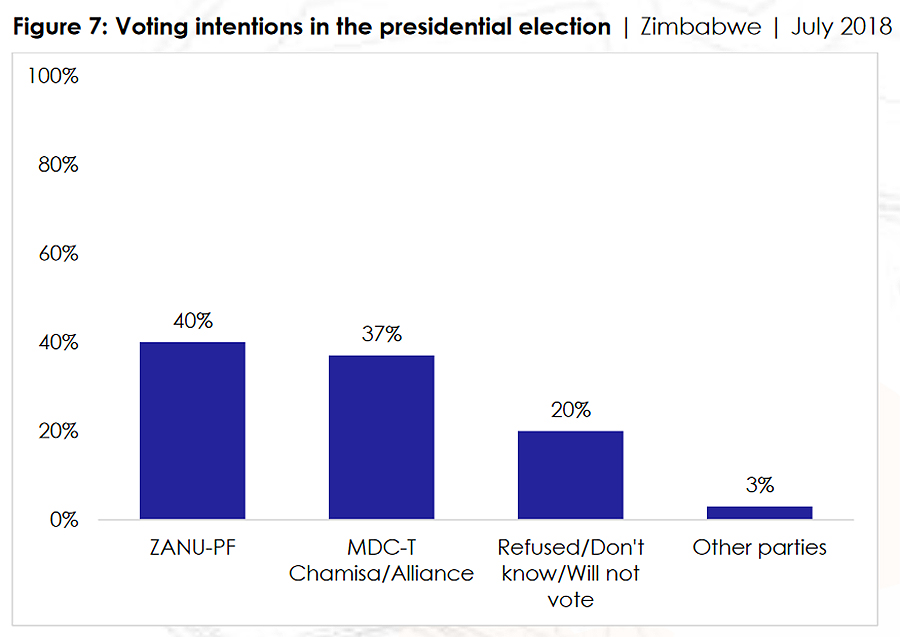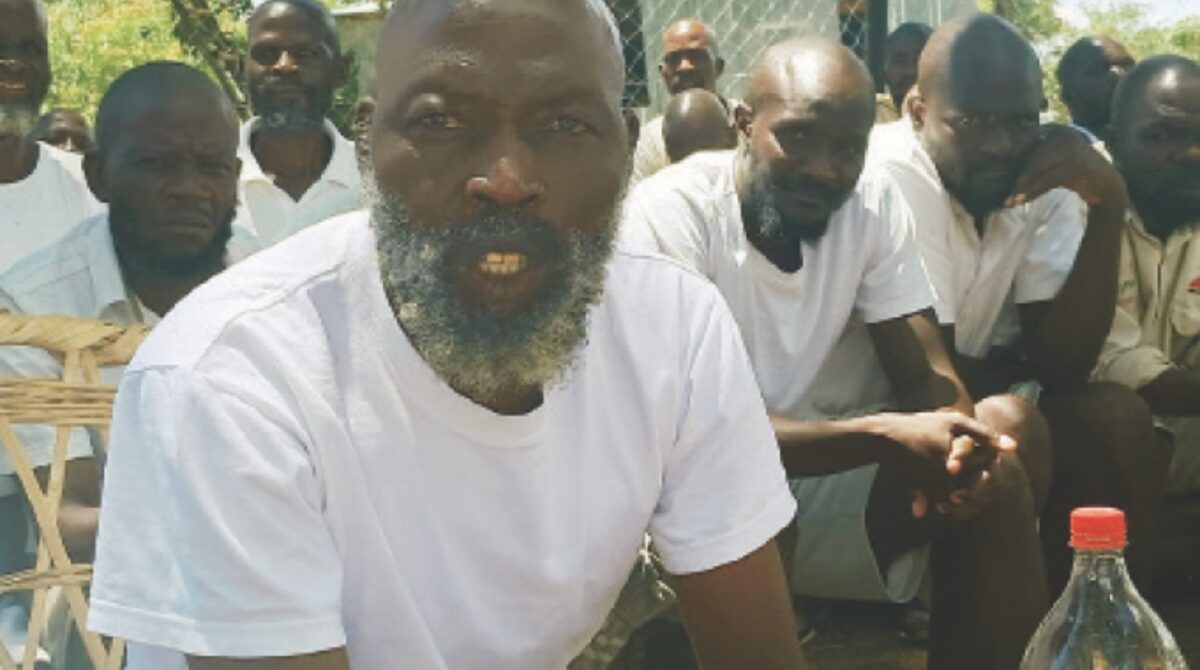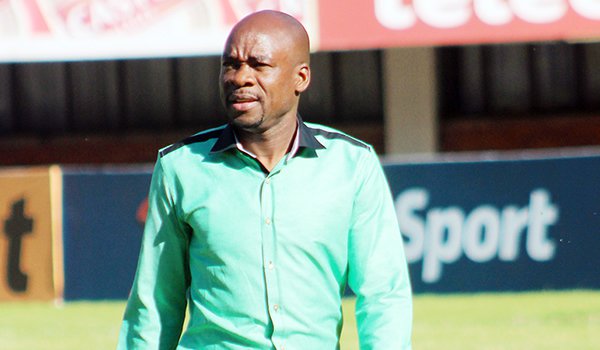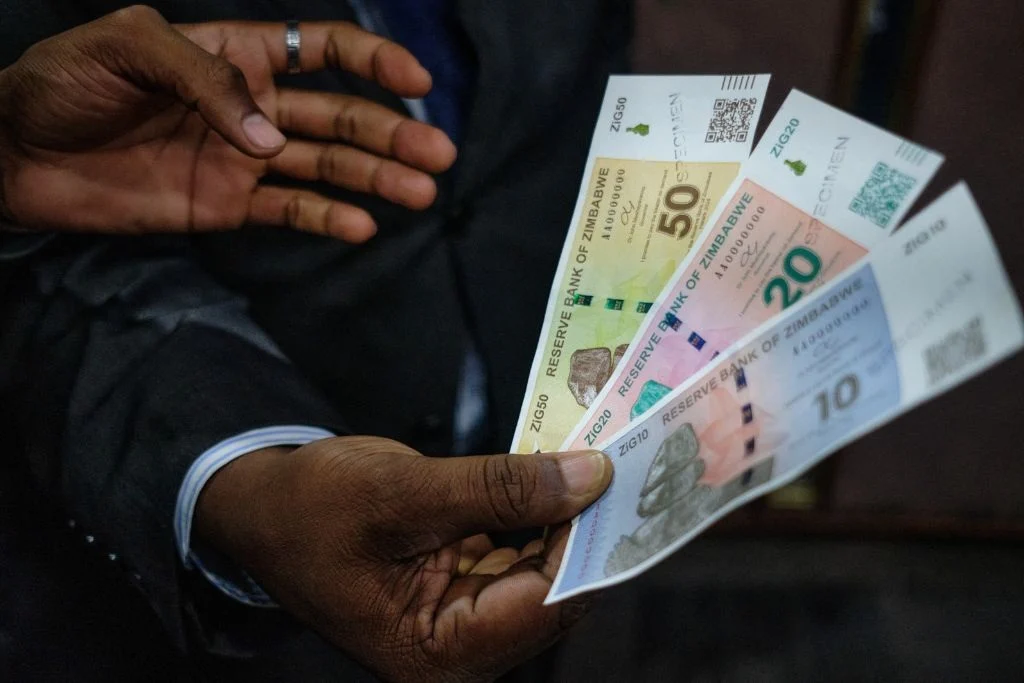MDC Alliance leader Nelson Chamisa’s support is surging, just 10 days before elections, a new survey shows.
The Afrobarometer public opinion poll, commissioned by the Institute for Justice and Reconciliation, and implemented by the Mass Public Opinion Institute, showed Chamisa and the MDC Alliance had made a 10-percentage point gain on Zanu PF and its leader President Emmerson Mnangagwa since the last survey in May.
In the latest survey results released on Friday, Mnangagwa’s support had declined from 42 to 40 percent, while Chamisa’s support has grown 10 points to 37 from 27.
Twenty percent of the people polled refused to say how they will vote, don’t know or will not vote while just three percent said they would vote for other smaller parties.
Afrobarometer says the error margin is +/-2 percent, and if the pollster is right, the first round of the Presidential race would produce no clear winner and a hung parliament.
But Afrobarometer does not rule out a clear winner in the first round, requiring the candidate to poll at least 50 percent plus one vote of the total ballots cast.
“Important, too, are the 20% of citizens who did not declare a voting intention. This group is made up of the 15% who refused to answer the voting intentions question and the 5% who said they did not know whom they would vote for,” it explained.
“Yet the choices of undeclared voters at the ballot box could have a decisive effect on the outcome of the presidential election. Some speculative estimates are possible, as follows:
“If undeclared voters split their votes in the same proportions as declared voters (i.e. 40% for the Zanu PF and 37% for the MDC), then we estimate that the incumbent candidate could win on the first round.
“But what if, as seems more likely, undeclared voters lean toward the opposition? What proportion of these reticent citizens would have to vote for the MDC to ensure the opposition gets a majority of votes (50% plus one) on the first round?
“According to our calculation, the MDC would have to obtain about two-thirds (66%) of undeclared votes in order to secure a first round victory in the presidential election. In our opinion, this prospect lies within the realm of reasonable possibility.”
Afrobarometer said the latest survey, based on a representative sample of 2,400 voting-age adults drawn from all 10 provinces of Zimbabwe, captured voting intentions up to June 30, exactly a month before elections and would not rule out the possibility that Chamisa was now ahead of Mnangagwa.
“It is important to remember that an increment of uncertainty surrounds all figures in any survey. In this case, the confidence interval is +/-2 percentage points, which is the survey’s margin of sampling error,” Afrobarometer said in a statement accompanying the latest results.
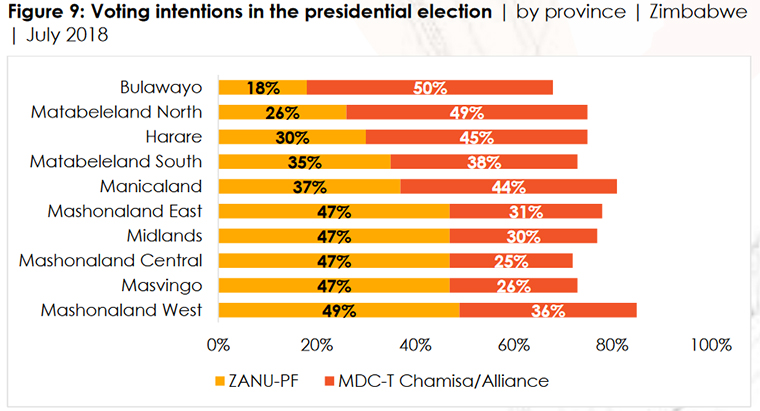
“Thus, based on the results reported in the previous paragraph, the distribution of intended votes for Mnangagwa lay in the range of 38% – 42% and the distribution of intended votes for Chamisa lay in the range of 35% – 39%. Thus, as of early July, it was probable that Mnangagwa was ahead, though it is impossible to rule out the possibility that Chamisa had taken the lead.
“In other words, the presidential race tightened significantly between early May and early July… By any measure, this is a considerable swing in favour of the challenger.”
Afrobarometer added “any further projection of this momentum into the final weeks of the campaign would reduce the gap between the contenders within the survey’s margin of error (+/-2 percentage points), rendering the election too close to call.”
Explaining Chamisa’s surge, Afrobarometer found more Zimbabweans thought he would perform better at creating jobs.
“To Chamisa’s credit, his vigorous efforts to introduce himself to the electorate have apparently begun to pay off. Nor does he seem to have been badly hurt by naïve gaffes or over-enthusiastic campaign promises. Instead, on the core issue in the campaign – job creation – he has established a more favourable public reputation than his chief rival. Asked about ‘who will do a better job in creating jobs for the people,’ respondents said that Chamisa outranks Mnangagwa by 10 percentage points (42% vs.32%).”
